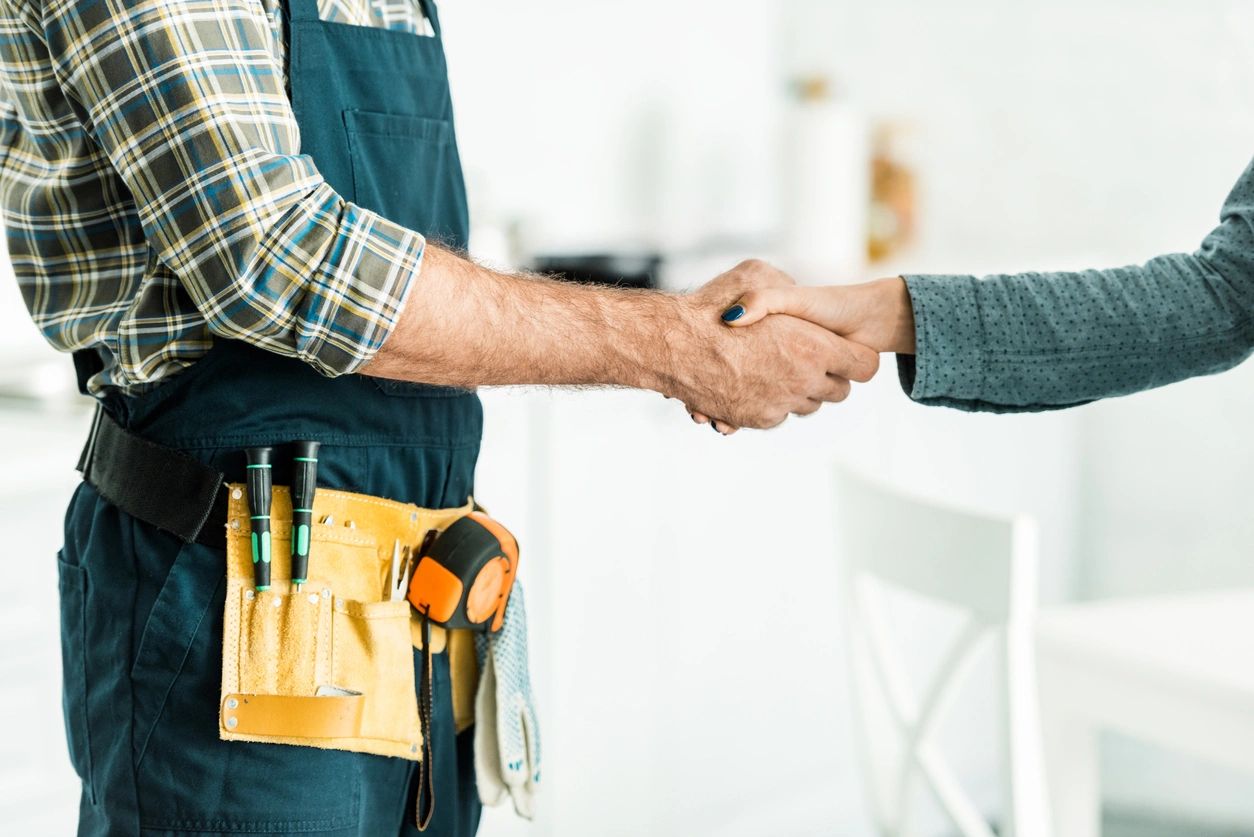Sustainable Plumbing Options: Making Residences Eco-Friendly
Sustainable Plumbing Options: Making Residences Eco-Friendly
Blog Article
The content on the next paragraphs pertaining to Sustainable plumbing solutions for your home tips is seriously intriguing. Give it a go and make your own personal findings.

Introduction
In today's world, lasting living is becoming significantly crucial. One location where property owners can make a considerable influence is through environment-friendly plumbing services. By adopting environmentally conscious techniques, families can lower their water and energy intake while contributing to a healthier earth.
Greywater Solutions
Greywater describes carefully utilized water from sources such as showers, sinks, and washing devices. Rather than letting this water go to waste, greywater systems recycle it for non-potable uses such as landscape watering and toilet flushing. By executing a greywater system, homeowners can conserve fresh water resources and lower stress on community wastewater therapy centers.
Rainwater Harvesting
Rainwater gathering entails collecting and keeping rainwater for various functions, consisting of watering, bathroom flushing, and washing. Rain gathering systems generally include a collection surface area (such as a roof), seamless gutters, downspouts, and storage tanks. By harvesting rain, homeowners can decrease their dependence on local water sources and conserve fresh water resources.
Solar Water Heaters
Typical water heaters rely on nonrenewable fuel sources or electricity to warm water, adding to carbon exhausts and power consumption. In contrast, solar water heaters use sunlight to heat water, supplying a sustainable and eco-friendly choice. By using solar energy, homeowners can reduce their power bills and minimize their carbon impact.
Eco-friendly Pipe Materials
Conventional pipes materials such as copper and PVC can have negative environmental influences during manufacturing and disposal. However, there are sustainable options available, such as recycled steel, cross-linked polyethylene (PEX), and high-density polyethylene (HDPE). These eco-friendly pipeline materials provide durability, longevity, and decreased ecological impact.
Water-Efficient Fixtures
Conventional components frequently waste water needlessly. Nonetheless, modern low-flow commodes, faucets, and showerheads are designed to decrease water use without compromising efficiency. These components can dramatically minimize household water consumption, causing lower water bills and a minimized environmental impact.
Energy-Efficient Appliances
In addition to water-efficient components, energy-efficient devices can better minimize a home's ecological impact. High-efficiency cleaning machines and dishwashing machines utilize much less water and power per cycle, helping to conserve resources and reduced energy costs. When searching for devices, seek power STAR ® accredited designs for maximum efficiency.
Smart Water Management Equipment
Advances in technology have made it simpler than ever to keep an eye on and maximize water usage in the home. Smart water administration systems use sensing units and data analytics to track water use in real-time, identify leakages, and offer insights for conservation. By applying clever water management services, homeowners can reduce waste and make the most of performance.
Wellness Conveniences
In addition to environmental benefits, eco-friendly pipes can additionally contribute to improved interior air high quality and wellness. By using safe materials and minimizing chemical exposure, property owners can produce a healthier living setting for themselves and their families.
Federal government Motivations
Many federal governments supply financial motivations to encourage property owners to take on green pipes practices. These incentives might include refunds, tax obligation debts, and low-interest fundings for energy-efficient upgrades. By taking advantage of these programs, home owners can make green renovations more budget friendly and obtainable.
Cost Considerations
While environment-friendly pipes choices may have higher ahead of time costs than conventional choices, they commonly provide long-term financial savings via reduced water and energy bills. Additionally, many federal governments use incentives such as discounts and tax credit reports for environment-friendly upgrades, assisting to offset first expenditures.
Installation and Upkeep
Appropriate setup and regular upkeep are necessary for ensuring the effectiveness and longevity of eco-friendly plumbing systems. It is necessary to hire professional specialists to set up and service these systems to avoid problems and make the most of effectiveness. Regular upkeep jobs such as looking for leakages and cleaning filters can additionally help stop troubles and optimize efficiency.
Environmental Benefits
The ecological advantages of environmentally friendly pipes are considerable. By conserving water and energy, homeowners can decrease their carbon impact and lessen their effect on natural resources. Additionally, green plumbing practices can help secure ecosystems and preserve biodiversity for future generations.
Conclusion
To conclude, eco-friendly pipes alternatives use countless benefits for house owners and the environment alike. By investing in water-efficient components, greywater systems, rain harvesting, solar water heaters, green pipe products, energy-efficient devices, smart water management systems, and other lasting solutions, families can decrease their ecological impact, reduced their energy bills, and contribute to a much healthier world for future generations.
The Eco-friendly Home: Sustainable Residential Plumbing Practices
Water Conservation
Water is one of our planet’s most valuable resources, and conserving it should be a top priority for all homeowners. Full Spectrum Plumbing Services is committed to helping you reduce your water consumption through eco-friendly plumbing solutions. One of the simplest yet most effective ways to do this is by installing low-flow fixtures, such as faucets, showerheads, and toilets. These fixtures are designed to use significantly less water while maintaining optimal performance. By making this switch, you not only lower your water bills but also contribute to water conservation efforts.
Tankless Water Heaters
Traditional water heaters store hot water in tanks, constantly reheating it to maintain a consistent temperature. This method is not only energy-intensive but also results in heat loss. Tankless water heaters, on the other hand, heat water on-demand, providing hot water instantly without the need for a storage tank. This not only reduces energy consumption but also frees up valuable space in your home. Full Spectrum Plumbing Services can help you make the switch to a tankless water heater, saving you money and reducing your environmental impact.
Fixing Leaks
A dripping faucet or a running toilet may seem like minor inconveniences, but they can waste a surprising amount of water over time. Leaks not only drive up your water bill but also strain local water resources. Full Spectrum Plumbing Services offers expert leak detection and repair services to ensure your plumbing system is watertight. By promptly fixing leaks, you not only save water but also prevent water damage to your home.
Greywater Recycling
Greywater refers to the relatively clean wastewater from your sinks, showers, and washing machines. Instead of letting this water go to waste, consider recycling it for non-potable uses like landscape irrigation and toilet flushing. Full Spectrum Plumbing Services can help you install a greywater recycling system that collects, filters, and redistributes this water efficiently. By doing so, you not only reduce your freshwater consumption but also lower your utility bills.

I discovered that blog entry on Environmentally Sustainable Home Plumbing when doing a lookup on the search engines. Are you aware of someone else who is inquisitive about the topic? Feel free to promote it. We recognize the value of your readership.
About Report this page